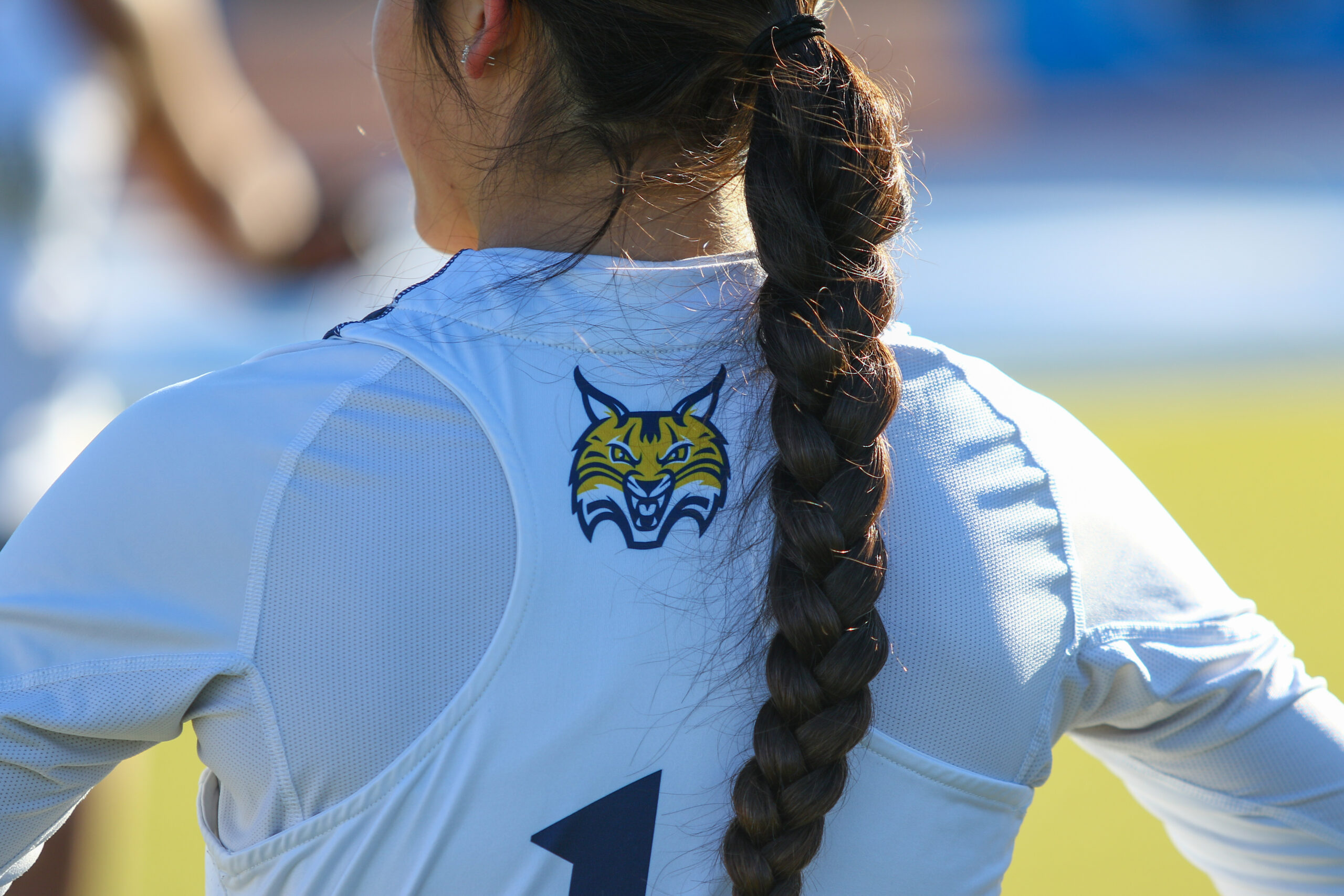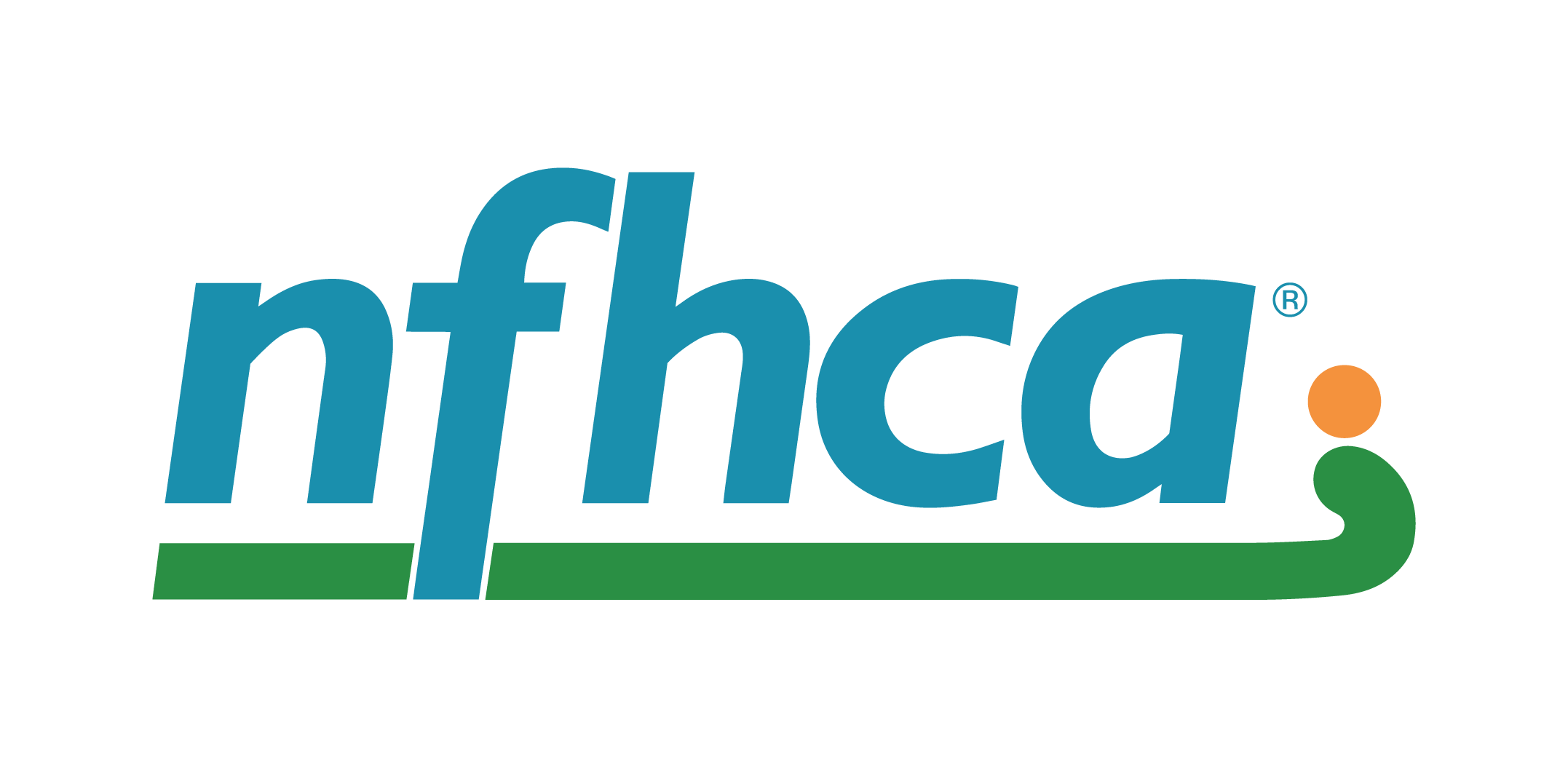Parents Are Coachable

By Kimberly Morrison & Jenn Gruber, Co-founders of PACT Sport Solutions
Manahawkin, NJ - Most coaches we encounter express satisfaction in their job. They enjoy developing players, scouting, strategizing, the active lifestyle, the excuse to be outdoors or travel, the sport itself, and let’s not forget winning! The common exception is the parents. Not every parent, but enough to affect job satisfaction and therefore a coach’s mental health and well-being.
In youth sports, parents are rightly concerned with monitoring their child’s experience and advocating for their child. But despite being the customer who is “always right,” not all parents handle these responsibilities with grace and courtesy. High school and collegiate athletic programs face similar challenges. Societally, we are no longer transitioning from adolescence to adulthood in our late teens. Instead, there is a five-to-ten-year period where young adults continue to be dependent on their parents, and parents continue to be involved in or exert control over, the lives of their children – to varying degrees. We see the influence of this phenomenon in sports, where parents increasingly assert themselves into areas previously thought of as the coach’s domain, to the detriment of student-athletes.
Student-athletes are under significant stress – physical stress, time stress, and performance stress, while at the same time coping with life transitions and academic and social stressors. Research indicates parental expectations can exacerbate this stress, particularly when a parent becomes overinvolved in the child’s athletic experience – including at the NCAA level of play. The very same studies, however, show that supportive parents are a strong predictor of well-being among student-athletes. The challenge for athletic programs is the trouble many parents have negotiating the fine line (or rather the blurry, non-linear boundary) between being supportive and being overinvolved.
Complicating matters is that well-intentioned actions on the part of the parent may be perceived as pressure, and it’s the athlete’s perception (not the parent’s intent) that is the true indicator of well-being. For example, most parents hold their children in high regard and want them to have access to opportunities to meet their full potential. But when an athlete faces adversity, these emotions and desires often lead parents to raise questions that imply a wrongness on the part of the coach or an unfairness in the situation. Often, this leads to “you should…” or “you just have to…” advice-giving, if not direct interference. The parent thinks they’re acting on the side of their child.
It’s common, though, for the athlete to feel pressured, as though he or she has let the parent down. Without accomplishments to fuel self-esteem, athletes may struggle with feelings of unworthiness or victimhood. Even something as subtle as a parent making an encouraging, but outcome-based statement, such as “get out there and score some goals” can create feelings of pressure in athletes.
The fact is, in most cases, parents are not one or the other, supportive or overinvolved. They are both, supportive at times and overinvolved at times. Yes, there are those parents who take on their child’s athletic success or failure as their own and offer their child no independence. But most parent interactions shift from supportive to overinvolved to supportive again depending on the complexity of the athlete’s experience. Unfortunately, it is when an athlete faces adversity – and is most in need of support – that parents, also stressed by watching their loved one struggle, tend to behave in ways that the athlete perceives as pressure (and that the coach finds intrusive).
The good news is because neither the degree nor the nature of parent involvement is fixed, coaches can influence both to the benefit of the team. Social scientists researching this topic conclude that parents can and should be educated “to support and participate in the sporting experience of their children positively and in a less-invasive way.”
Evidence suggests what athletes want from their parents, quoting Maria Montessori here, is “to help me to do it myself.” Likewise, research indicates that from both a performance and a well-being standpoint, this is the optimal way for parents to be involved. This does not mean helping the athlete to figure out how to make mom’s and dad’s dreams a reality. It means helping the athlete gain clarity about his or her own goals and purpose, helping the athlete cultivate his or her inner resources, helping the athlete to broaden his or her perspective and identify growth opportunities, and helping the athlete to choose freely what’s called for now.
Aiding one’s child in this way requires parents to establish boundaries, foster independence, and effectively navigate their own emotions in stressful situations – paying particular attention to their language. These are learned skills and teams would be well served by offering parents the opportunity to become more adept at practicing them.
Coaches often attempt to influence parent involvement by implementing rules and offering parents outlets to be involved healthily. These are important steps, and in an environment where a team is meeting or exceeding expectations, it is often sufficient.
But what happens when the team is facing challenges? Coaches can proactively prepare parents for these tougher times by including in their pre-season parent meetings information about how parents might inadvertently pressure an athlete, offering examples from personal experience. While acknowledging the parents’ good intentions, coaches can caution them to be careful in both their approach and their language when supporting their child through difficult situations, offering resources as appropriate.
This can be easier said than done. In all sports, but particularly as competition becomes more elite and carries financial implications, parents become wary of a coach’s motives. However imperfectly parents might act, they are confident they have their child’s best interest at heart. Whereas, they believe coaches, with limited resources, are balancing their career goals, program goals, and team goals against the needs of individual players. If trust has not been established, parents may not be open to a coach’s message about how a parent can best support an athlete. Or perhaps a coach feels unsure about being able to effectively educate parents on this topic.
In these cases, turning to a third party for both their expertise and credibility can be a low-cost, high-impact option to support the mental health of both athletes and coaches. Regardless of whether an outside organization is engaged, creating a plan to address parent involvement before it becomes an issue ultimately benefits all parties, increasing feelings of satisfaction for everyone.
About PACT Sports Solutions
PACT Sport Solutions collaborates with coaches (directly or through athletic departments and clubs) to plan parent meetings specially designed to bring the goals of parents, athletes and coaches into alignment for team success. Pre-season workshops include practical tips, evidence-based insights and outcome-based strategies that allow parents to actively participate in their children’s athletic experience in a way that supports peak performance while promoting athlete well-being – without interfering in the coaches’ sphere of action.
NFHCA Blog Disclaimer
All content on this blog is for informational purposes only and should not be interpreted as a substitute for NCAA compliance or legal advice. The NFHCA recognizes that the accuracy of the content and opinions in this blog may change over time. The blog site may contain links to other websites or content belonging to or originating from third parties. Such external links are not monitored or endorsed by the NFHCA and the NFHCA does not control such external websites or their content. The NFHCA will not be held responsible for the content of any message from external websites or contributing authors.
AstroTurf is the Official Sponsor of the 2026 NFHCA Annual Convention. With over 50 years of experience and millions and millions of square feet of synthetic turf in use worldwide, AstroTurf products bring more technological expertise and real-world know-how to the game than any other brand.
